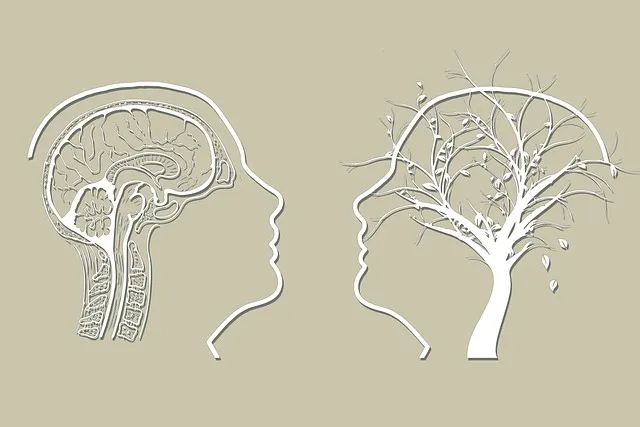Longmont, home to a thriving Kaiser Permanente mental health facility, faces diverse population challenges that underscore the need for comprehensive community outreach programs. These initiatives, focused on tailored Mental Health Education Programs and Stress Management Workshops, aim to address varied needs across cultural backgrounds and age groups. Collaborative efforts between healthcare providers, community leaders, and local organizations promote open conversations about mental health, reduce stigma, and enhance overall well-being. Success is measured through diverse indicators like improved access to services, increased public awareness, and enhanced social skills, setting a model for other healthcare institutions.
Community outreach programs play a vital role in fostering connection and enhancing well-being, especially in diverse urban centers like Longmont. This article explores the strategic implementation of such initiatives at the Kaiser Permanente Mental Health Facility, highlighting their impact on vulnerable populations. We delve into effective strategies that not only address immediate needs but also build sustainable community connections, using the Kaiser Permanente mental health facility in Longmont as a case study for successful outreach.
- Understanding the Need for Community Outreach Programs in Longmont
- Implementing Effective Strategies at the Kaiser Permanente Mental Health Facility
- Measuring Success and Building Sustainable Community Connections
Understanding the Need for Community Outreach Programs in Longmont

In the vibrant community of Longmont, home to a thriving Kaiser Permanente mental health facility, the need for comprehensive community outreach programs is increasingly evident. These initiatives are pivotal in addressing the diverse mental health needs of residents across all demographics. The unique challenges faced by Longmont’s diverse population necessitate tailored Mental Health Education Programs Design that cater to various cultural backgrounds and age groups. By implementing these programs, the community can foster a deeper sense of understanding and resilience, empowering individuals to actively manage their mental well-being.
Community outreach goes beyond mere awareness; it involves delivering practical Stress Management Workshops Organization that equip participants with valuable tools for coping with daily stressors. In light of growing recognition about Mental Health Awareness, Longmont’s initiatives should focus on breaking down stigma and promoting open conversations around mental health issues. Through collaborative efforts between healthcare providers, community leaders, and local organizations, these programs can help create a more inclusive and supportive environment, ultimately enhancing the overall mental health and resilience of the Longmont community.
Implementing Effective Strategies at the Kaiser Permanente Mental Health Facility

The Kaiser Permanente Mental Health Facility in Longmont has been at the forefront of implementing innovative community outreach programs aimed at improving access to mental health services. Through a comprehensive Mental Health Policy Analysis and Advocacy initiative, the facility has successfully connected with local organizations, schools, and faith groups to address the unique needs of the community. By organizing workshops on topics like Mindfulness Meditation and Anxiety Relief, they’ve created inclusive spaces that foster open dialogue about mental health challenges.
These strategies have proven effective in breaking down barriers and reducing stigma surrounding mental health discussions. The facility’s tailored approach, centered around community engagement, has led to increased awareness, improved support systems, and better overall well-being for the residents of Longmont. Such successful implementations can serve as a model for other healthcare institutions seeking to enhance their community outreach efforts.
Measuring Success and Building Sustainable Community Connections

Measuring success is a critical aspect of community outreach programs, especially when aiming to build sustainable connections. Organizations like Kaiser Permanente’s mental health facility in Longmont understand that evaluating the impact goes beyond simple attendance or satisfaction surveys. They employ diverse metrics to assess outcomes, including improved access to mental health services, increased public awareness through campaigns like Public Awareness Campaigns Development, and enhanced social skills among participants, as demonstrated by successful Social Skills Training programs.
This multifaceted approach ensures that initiatives are not just reaching communities but also fostering lasting change. By integrating Mental Health Education Programs Design into their outreach, Kaiser Permanente facilitates a deeper understanding of mental health issues, empowering individuals to seek support and create more inclusive environments. This holistic strategy is key to building strong, resilient communities where everyone feels valued and supported.
Community outreach programs, as exemplified by initiatives at the Kaiser Permanente mental health facility in Longmont, play a pivotal role in fostering well-being and strengthening community connections. By understanding local needs and implementing effective strategies, these programs can significantly enhance access to mental health services. Measuring success through data-driven approaches ensures sustainability and encourages further growth. This model not only benefits individuals but also enriches the overall tapestry of Longmont’s vibrant community.






